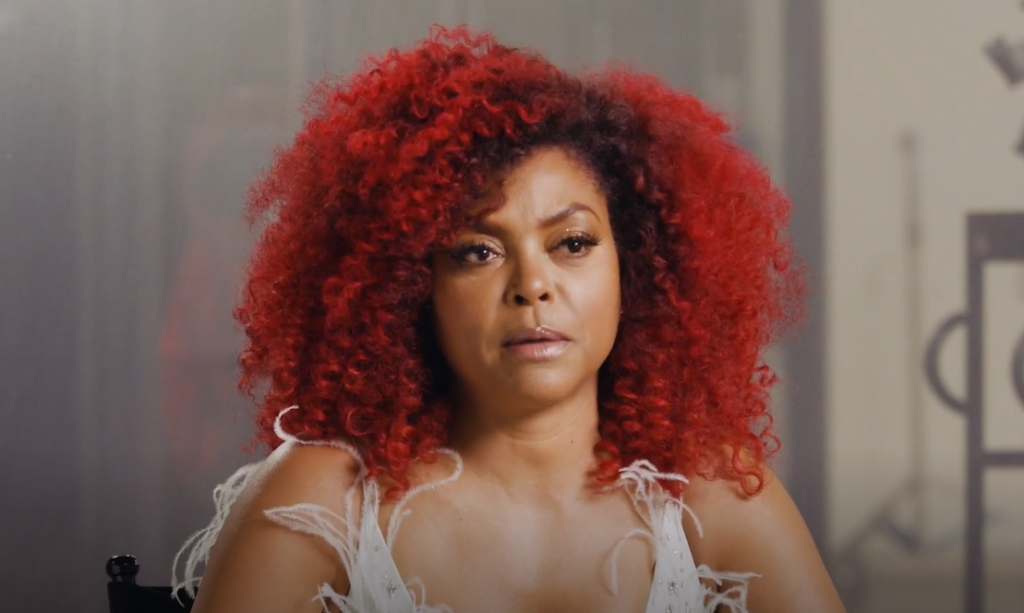“I’m really proud to be a part of our industry now because we’re finally understanding that we’re stronger together and it doesn’t have to be one of us,” says Halle Berry in a new feature for T Magazine. The New York Times’ style mag brought the Oscar winner together with other veteran African-American actresses to reflect on the past, present, and future of Hollywood. Berry, Viola Davis, Taraji P. Henson, Mary J. Blige, Angela Bassett, Lynn Whitfield, and Kimberly Elise discussed the power of representation, their own inspirations, and how they’ve witnessed the industry evolving — or not — in their decades-spanning careers.
Asked about her role models growing up, Henson cites Pam Grier and Debbie Allen before adding, “We didn’t have a lot, but anytime that I saw a woman or a young girl of color, any kind of representation of myself, I was drawn. If it were not for them, I would have never been able to dream,” the “Empire” star emphasizes.
Davis recalls, “You’re a little black girl with dark skin, wide nose. You’re not cute. You’re nothing. You’re invisible. That’s when you understand the importance of a role model,” she observes, “and when Ms. [Cecily] Tyson walked in, I could then reach beyond my circumstances and see something materialize that made me feel it was possible.”
Looking onward, R&B superstar and “Mudbound” actress Blige wants execs to realize, “There’s so much more that we can do other than just [playing] a slave. Whoever decides to give us these jobs, they need to look at us past being black actresses. Look at us as actresses,” she urges.
Davis, who took home an Oscar for “Fences” and received nods for “The Help” and “Doubt,” suggests that women of color will ultimately be the ones making more opportunities for themselves. She notes that more women of color working as producers “means we’re now understanding that we need to be the change that we need to see.”
Henson points to the economic incentive of making more inclusive film and television projects. “If you’re in the business of making money, does money have a color? I mean, if I do a movie, and I’m directing, I’m producing, I’m putting every walk of life in it because I want all the money. It just makes sense, right?” As research shows, diversity sells.
Head over to T Magazine to hear more from Berry, Davis, Henson, Blige, Bassett, Whitfield, and Elise.







